In a dramatic turn of events ahead of the 2027 general election, Prime Cabinet Secretary and Foreign Affairs CS Musalia Mudavadi has fired a warning to voters in Western Kenya, cautioning them against abandoning President William Ruto and backing former Deputy President Rigathi Gachagua. The public address underscores intensifying tensions within the ruling coalition and highlights a critical fault line ahead of the next election cycle.
Speaking at a gathering in Vihiga County, Mudavadi emphasised that the 2027 outcome will determine the region’s future and urged residents to stick with the “broad-based government” rather than gamble on opposition moves.
“You cannot disembark from a ship that is moving and jump into a canoe in stormy waters,” he told the crowd, a metaphor pointed directly at Gachagua’s camp.
Why the Warning Is Explosive
- Mudavadi’s caution reflects deep political anxiety: Western Kenya has long been seen as a swing region, and any mass defection could reshape the national electoral map.
- The warning signals not just a regional tug-of-war but a power struggle within the Kenya Kwanza alliance: a senior coalition insider publicly rallying voters away from a faction associated with Gachagua is a significant political act.
- The metaphor of the “ship” and “canoe” implies that backing Ruto is the only safe bet for development and stability, while backing Gachagua or opposing the status quo is depicted as risky and regressive.
What Mudavadi Is Emphasising
Mudavadi outlined two major arguments aimed at Western voters:
- Development continuity – He stressed that President Ruto has delivered infrastructure, jobs and support to the Western region and urged voters not to interrupt the flow of benefits by switching allegiance.
- Coalition strength – He portrayed the current alliance backing Ruto as the only viable platform and painted any departure from it as a move into political isolation.
The Political Stakes
Western Kenya’s votes are increasingly contested, and Mudavadi’s intervention highlights how internal fractures are becoming public. The open warning suggests several high-stakes outcomes:
- Should the Western region deliver en masse for Ruto, his re-election prospects will solidify significantly.
- If leaders aligned with Gachagua manage to peel off the region, it could destabilise the ruling coalition’s dominance and shift the 2027 race.
- The speech also positions Mudavadi as a key powerbroker in the region, signalling his readiness to protect the interests of his community and assert influence over candidate alignment.
Expect a flurry of activity in Western Kenya:
- Rival leaders will challenge Mudavadi’s claim, staging their own rallies and attempting to sway the vote toward Gachagua.
- Coalition negotiations may intensify behind closed doors, with regional kingpins seeking assurances of positions, resources or development projects in return for 2027 loyalty.
- Voter sentiment in Western counties will face heightened scrutiny—polls, grassroots mobilisations and campaign messaging will ramp up as each side fights for dominance.
As the clock ticks toward 2027, the warning from Musalia Mudavadi marks a critical flash-point in Kenya’s political terrain. The choice made by Western voters could tip the balance of power, and the ripple effects will be felt far beyond the region.

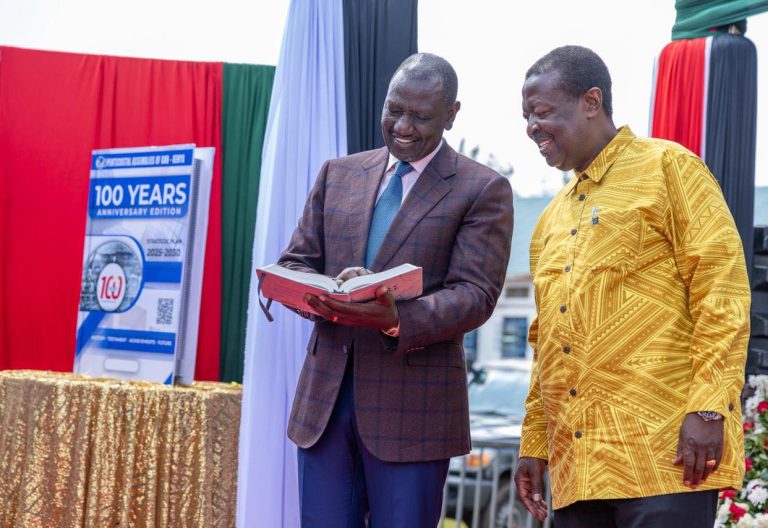



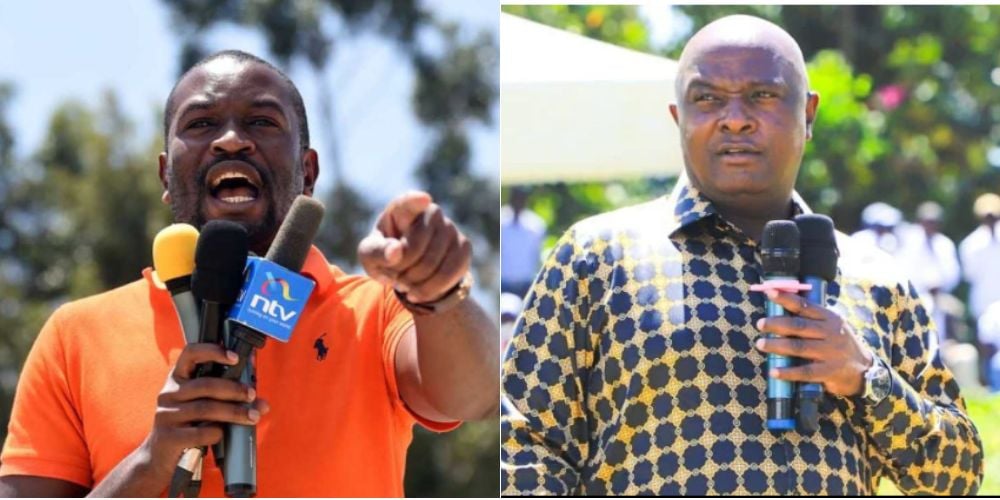
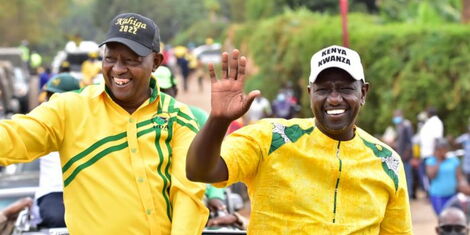
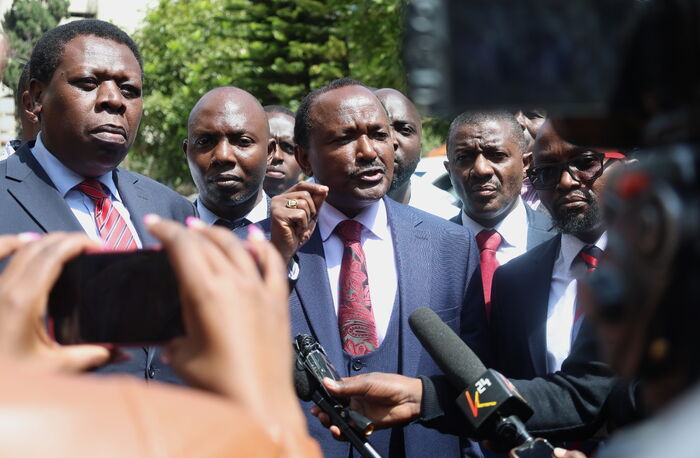
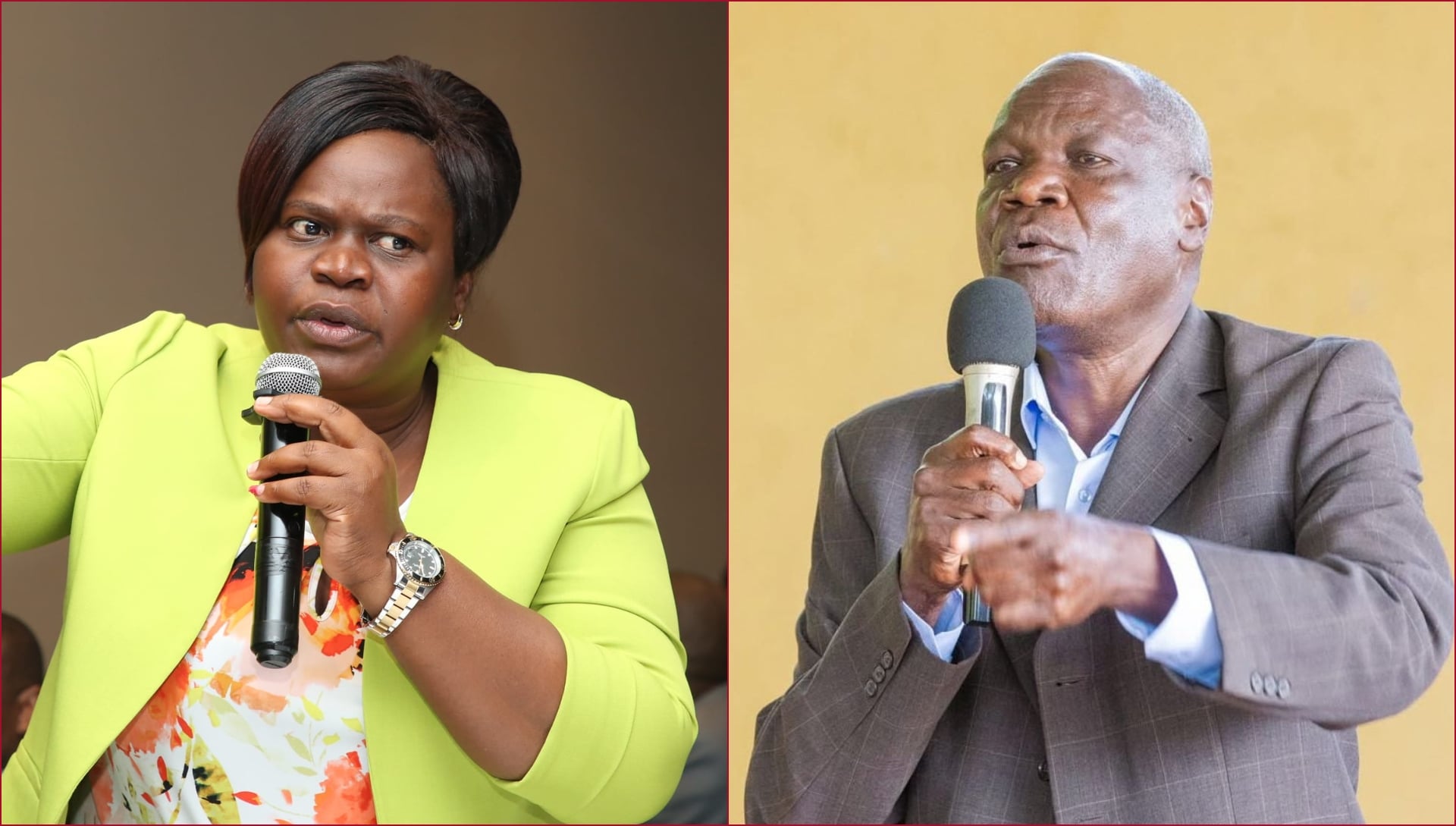
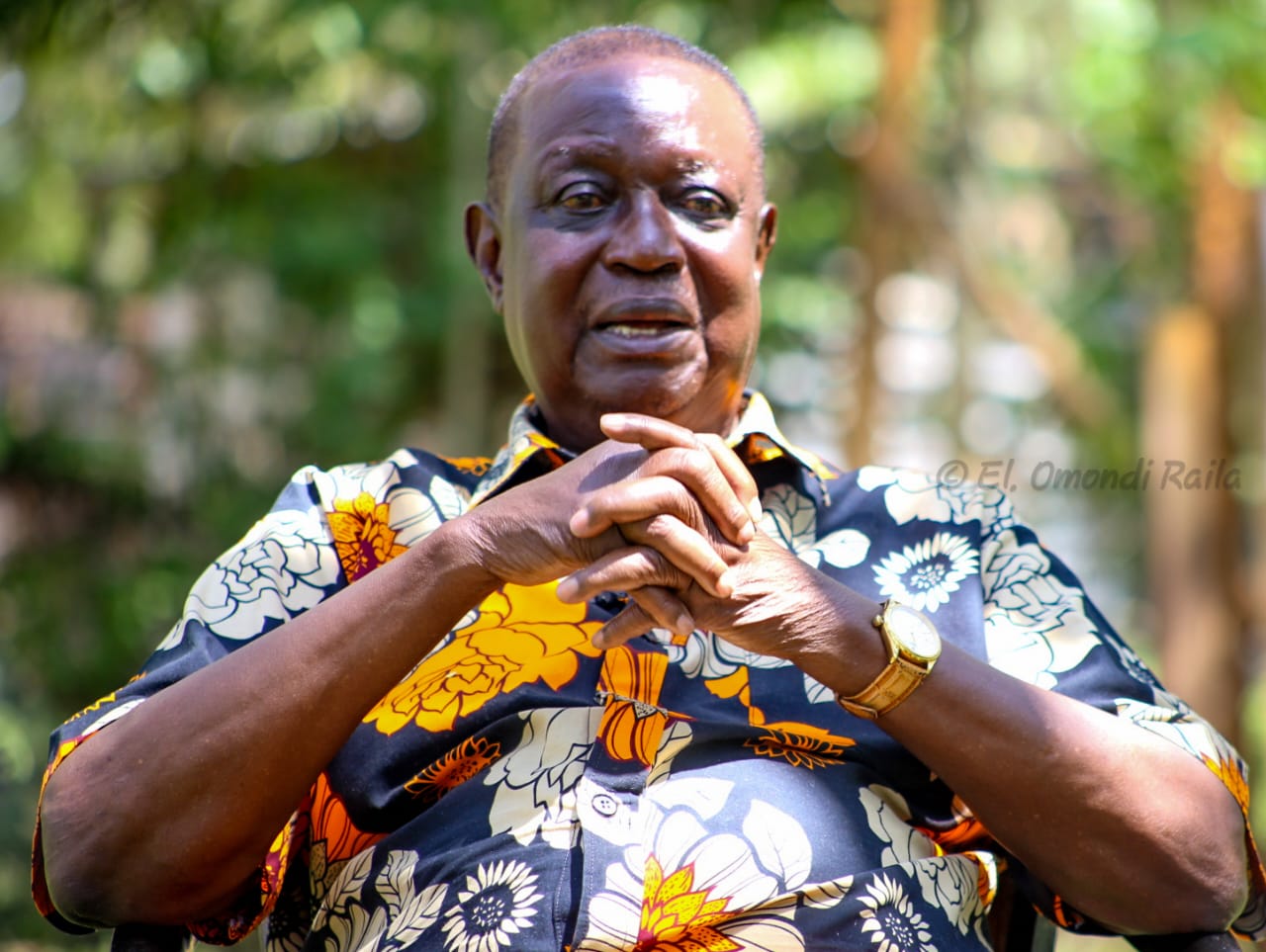
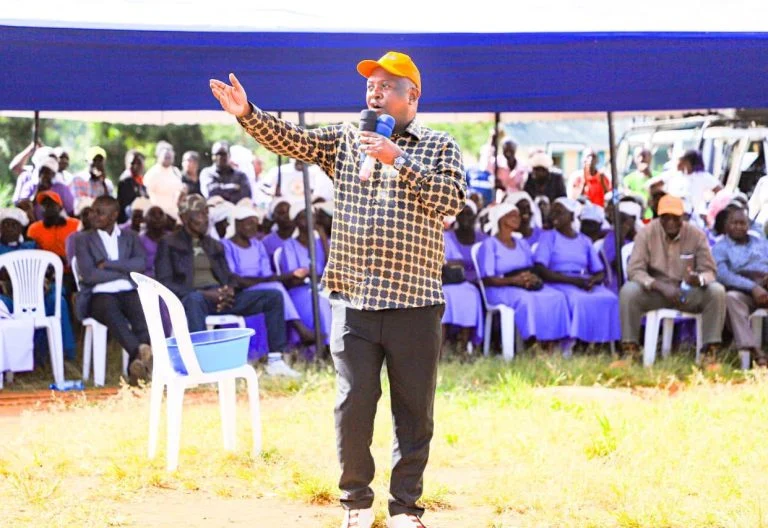
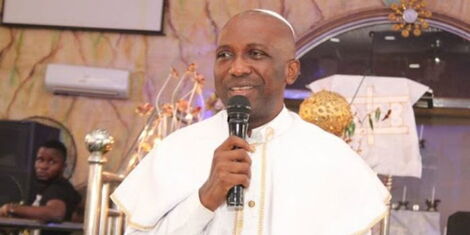
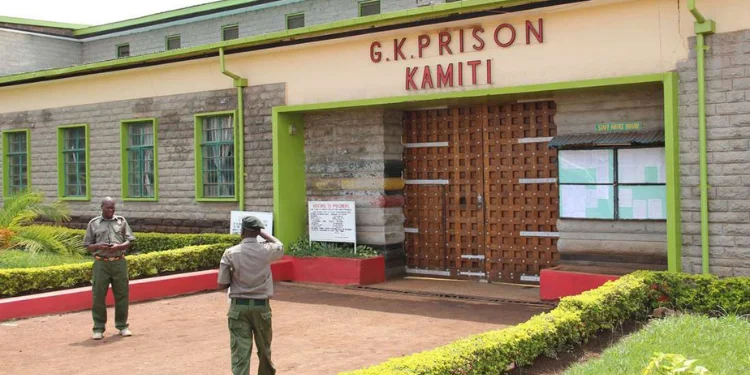

Leave a Reply